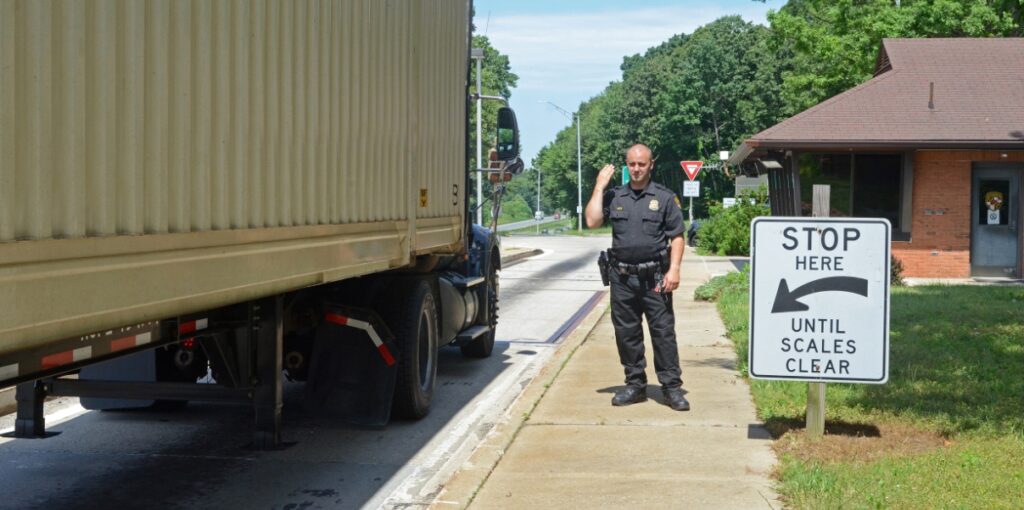
January 2016 marked the starting date of a new regulation prohibiting the coercion of drivers. Freight brokers and 3PLs need to be aware of the new rules, especially if they have direct contact with drivers.
Last month, the Transportation Intermediaries Association (TIA) presented a webinar that explained the driver coercion rule. The webinar was presented by Nathaniel Saylor, a partner at Scopelitis, a full service transportation law firm. Below, Saylor answers some common questions about the new regulation.
What does the driver coercion rule say?
Here’s a summary from the FMCSA:
FMCSA adopts regulations that prohibit motor carriers, shippers, receivers, or transportation intermediaries from coercing drivers to operate commercial motor vehicles in violation of certain provisions of the Federal Motor Carrier Safety Regulations—including drivers’ hours-of-service limits; commercial driver’s license regulations; drug and alcohol testing rules; and hazardous materials regulations. This rule includes procedures for drivers to report incidents of coercion to FMCSA, establishes rules of practice that the agency will follow in response to reports of coercion, and describes penalties that may be imposed on entities found to have coerced drivers.
What is the penalty for entities found to have coerced drivers?
A fine of up to $16,000 can be imposed. The fine is paid to the FMCSA, not the driver.
What conduct is prohibited under the coercion rule?
To constitute a violation, there must be a threat of or actual: (1) withholding of business; (2) withholding employment or work opportunities; or (3) taking or permitting any adverse employment action against the driver.
Must the driver object in order to claim coercion?
Yes. A claim of coercion requires that the driver voice his or her objection and must at least generally point to the regulation that would be violated.
How should I respond to driver objections?
Adopt a policy of training personnel to identify and document driver objections. Once an objection has been raised, ideally, the intermediary or shipper will move to the next available option for transporting the load. If that is not feasible (that is, if there is no viable alternative), exercise discretion to determine whether the concern can be addressed in a way that avoids a violation. Regardless, in all instances where an objection has been raised, the objection and response should be documented in the load file.
What constitutes a threat to withhold business, employment or work opportunities or a threat to take or permit any adverse employment action?
It would be more difficult for a driver to allege coercive conduct against an intermediary or shipper than it would be for the driver to make such allegations against the motor carrier, assuming that the intermediary or shipper is not paying the driver directly.
In the final rule, the FMCSA addressed a hypothetical where a shipper (though an intermediary could be substituted) hires a carrier, but when the driver arrives, he informs the shipper that he will run out of hours making it impossible to meet the delivery schedule. The shipper responds that it will never use the carrier again. According to the FMCSA, the shipper’s response is not coercion and is perfectly acceptable. The intermediary or shipper would need to make some threat directly against the driver—or perhaps instruct the carrier to make a threat directly against the driver.
How can I avoid coercion?
In light of the new rule, a broker should never make threats such as:
- refusal to work with the driver in the future; or
- threatening to make a negative report about the driver to the driver’s carrier.
The information above is by no means a complete treatment of the subject and should not be relied on as legal advice. If you would like legal advice, you can contact Nathaniel Saylor through the Scopelitis website or call him (317) 637-1777.


